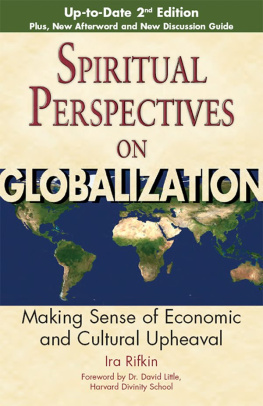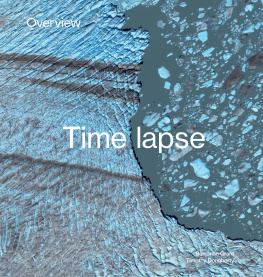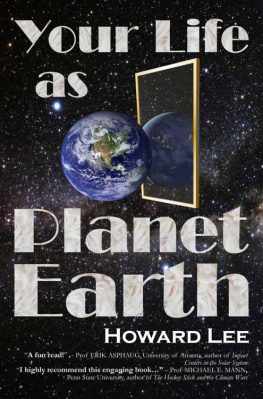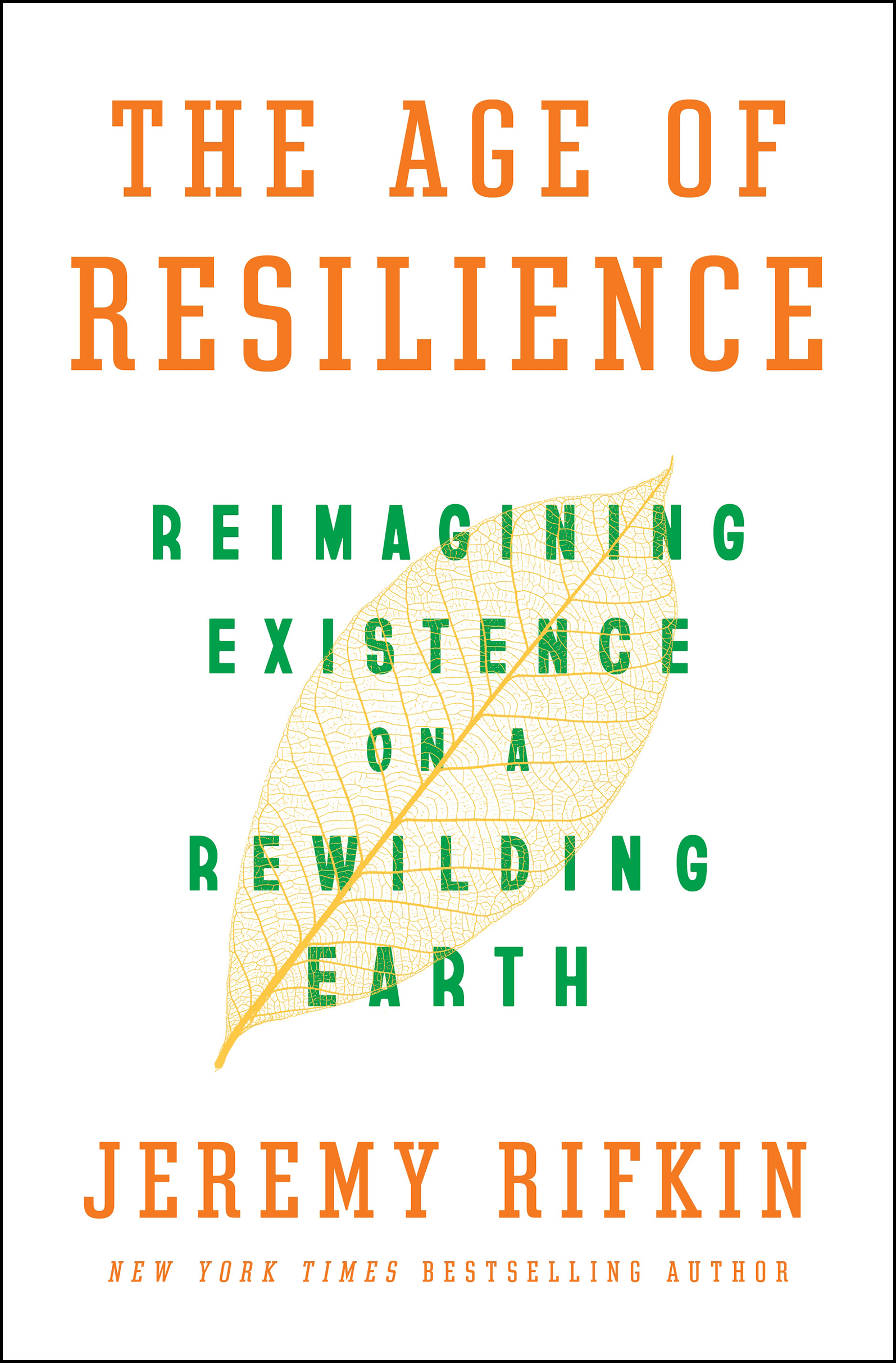Contents
Guide
Pagebreaks of the print version

The author and publisher have provided this e-book to you for your personal use only. You may not make this e-book publicly available in any way. Copyright infringement is against the law. If you believe the copy of this e-book you are reading infringes on the authors copyright, please notify the publisher at: us.macmillanusa.com/piracy.
To Carol L. Grunewald
for giving our fellow creatures a voice
The viruses keep coming. The climate keeps warming. And the earth is rewilding in real time. We long thought that we could force the natural world to adapt to our species. We now face the ignominious fate of being forced to adapt to an unpredictable natural world. Our species has no playbook for the mayhem that is unfolding around us.
We are, by all accounts, the youngest mammalian species on Earth, with only a two-hundred-thousand-year-long history. For most of that time95 percent or morewe lived pretty much like our fellow primates and mammals as foragers and hunters living off the land and adapting to the seasons, leaving just a skim of our imprint on the body of the earth. What changed? How did we become the despoilers who brought nature almost to its knees but which now has come roaring back to cast us out?
Lets step back for a moment and look at the now worn narrative regarding our species special destiny. During the dark days of the French Revolution in 1794, the philosopher Nicolas de Condorcet laid out a grand vision of the future while waiting to be taken to the guillotine for high treason. He wrote:
No bounds have been fixed to the improvement of the human faculties the perfectibility of man is absolutely indefinite [the] progress of this perfectibility, henceforth above the control of every power that would impede it, has no other limit than the duration of the globe upon which nature has placed us.
Condorcets promissory note provided the ontological foundation for what would subsequently be called the Age of Progress. Today, Condorcets vision of humanitys future appears nave, even laughable. Still, progress is just the most recent incarnation of the ancient belief that our species was cut from a different cloth from that of other creatures with whom we share the earth. While grudgingly admitting that Homo sapiens evolved from an ancestral pool dating back to the first glimmer of microbial life, we like to think that we are different.
During the modern era we tossed much of the theological world aside, but managed to keep hold of the Lords promise to Adam and Eve that they and their heirs would have dominion over the fish of the sea, and over the fowl of the air, and over the cattle, and over all the earth, and over every creeping thing that creepeth upon the earth. That promise, still taken seriously, but without the religious overtones, has led to the collapse of our planetary ecosystems.
If there is a change to be reckoned with, its that we are beginning to realize that we never did have dominion and that the agencies of nature are far more powerful than we thought. Our species now seems much smaller and less consequential in the bigger picture of life on Earth.
People everywhere are scared. We are waking up to the hard reality that our species is to blame for the horrific carnage spreading across the earththe floods, droughts, wildfires, and hurricanes that are wreaking havoc and undermining economies and ecosystems around the world. We sense that planetary forces bigger than us and not easily subdued by the means we have relied on in the past are here to stay, with ominous repercussions. We are beginning to realize that our species and our fellow creatures are edging ever closer to an environmental abyss from which there is no return.
And now, the warnings that human-induced climate change is taking us into the sixth mass extinction of life on Earth have moved from the fringes to the mainstream. The alarm bells are ringing everywhere. Government leaders, the business and financial community, academia, and the public at large are beginning to question, whole cloth, the shibboleths by which we have lived our lives, interpreted the meaning of our existence, and understood the simple realities of staying alive and secure.
Although the Age of Progress is, for all intents and purposes, over and only awaiting a proper postmortem, whats new and being heard from every quarter and getting louder and more determined is that wethe human raceneed to rethink everything: our worldview, our understanding of the economy, our forms of governance, our concepts of time and space, our most basic human drives, and our relationship to the planet.
But the talk thus far is at best inchoate and at worst undefined. What does it really mean to rethink every aspect of our lives? We have a clue. The question being asked in so many different ways is how do we adapt to the havoc that is coming? We hear it around the kitchen table and in our local neighborhoods where we work and play and live out our lives.
Resilience, in turn, has become the new defining refrain heard in countless venues. It is how we are coming to define ourselves in a perilous future that is now at the front gates. The Age of Progress has given way to the Age of Resilience. Rethinking the essence of our species and its place on Earth marks the beginning of a new journey where nature is now the classroom.
The great transformation from the Age of Progress to the Age of Resilience is already triggering a vast philosophical and psychological readjustment in the way our species perceives the world around us. At the root of the transition is a wholesale shift of our temporal and spatial orientation.
The underlying temporal orientation that directed the entirety of the Age of Progress is efficiencythe quest to optimize the expropriation, consumption, and discarding of natural resources and, by so doing, increase the material opulence of society at ever-greater speeds and in ever-shrinking time frames, but at the expense of the depletion of nature itself. Our personal temporal orientation and the temporal beat of our society folds around the efficiency imperative. Its what has taken us to the commanding heights as the dominant species on Earth and now to the ruin of the natural world.
Of late, voices are being raised for the very first time from the academic community and even corporate boardrooms and government, challenging this once-sacred value of efficiency, suggesting that its ironclad hold over societys temporal bandwidth is literally killing us. How, then, do we rethink our future?
If the Age of Progress marched in lockstep with efficiency, the temporal choreography of the Age of Resilience strides with adaptivity. The temporal crossover from efficiency to adaptivity is the reentry card that takes our species from separation and exploitation of the natural world to repatriation with the multitude of environmental forces that animate the earthmarking a repositioning of human agency on an increasingly unpredictable planet.
This realignment is already affecting other deep-rooted assumptions about how our economic and social life ought to be conducted, measured, and assessed. The handover from efficiency to adaptivity comes with sweeping changes in the economy and society including the shift from productivity to regenerativity, growth to flourishing, ownership to access, seller-buyer markets to provider-user networks, linear processes to cybernetic processes, vertically integrated economies of scale to laterally integrated economies of scale, centralized value chains to distributed value chains, corporate conglomerates to agile, high-tech small- and medium-sized cooperatives blockchained in fluid commons, intellectual property rights to open-source sharing of knowledge, zero-sum games to network effects, globalization to glocalization, consumerism to eco-stewardship, gross domestic product (GDP) to quality-of-life indicators (QLI), negative externalities to circularity, and geopolitics to biosphere politics.






